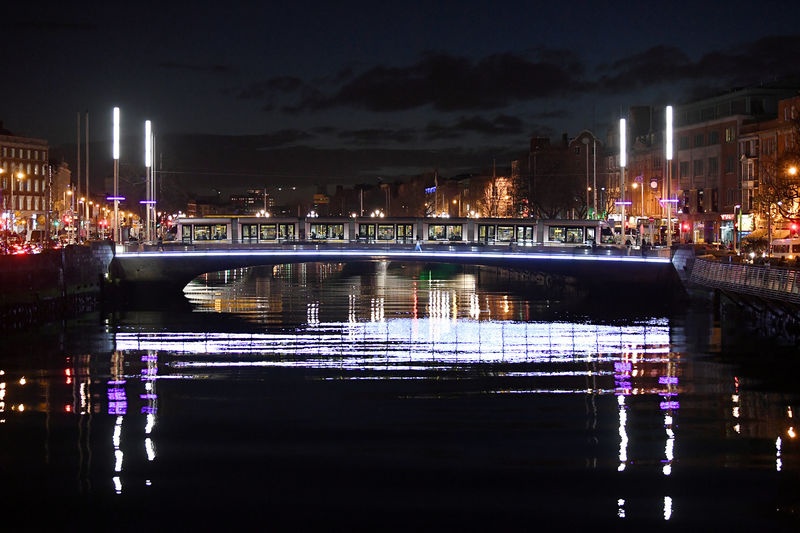DUBLIN (Reuters) - Irish tourism grew by 6.7 percent in the first half of the year, data showed on Thursday, as British visitors began to shrug off a weak pound that has made trips to the euro zone more expensive since the vote to leave the European Union in June 2016.
Ireland is regarded as the remaining EU member with most to lose from Brexit. It shares a border with Northern Ireland, part of Britain, and its tourism industry depends heavily on its near neighbour which accounts for more than one-in-three visitors.
The number of trips to Ireland from Britain increased by 2.3 percent from January to June, partly reversing a 6.4 percent fall in the same period last year, the Central Statistics Office (CSO) said.
"While we welcome the fact that arrivals from Britain are up, it's too early to say if this represents a turnaround in the long-term trend," Niall Gibbons, chief executive of Tourism Ireland, said in a statement.
"We're very conscious that British visitor numbers are still down more than 4 percent on the first six months of 2016. The impact of Brexit on outbound travel from Britain, therefore, remains a concern."
The pound plunged in the aftermath of the Brexit referendum, discouraging Britons from travelling, while at the same time making the country cheaper to visit and a stronger draw for tourists.
The jump in overall visitors to Ireland, which hit a record high last year, was driven by a 10.7 percent increase in tourism from North America, as newly opened air routes made the country more accessible for vacations.
Tourism from mainland Europe grew by 10.2 percent, with the number of visits from Germany up 21.2 percent, and Italy up 14 percent.

To broaden the appeal of Ireland as a vacation destination, the tourist board has been marketing heavily in North America and mainland Europe. The industry generates annual revenue of almost 6 billion euros.